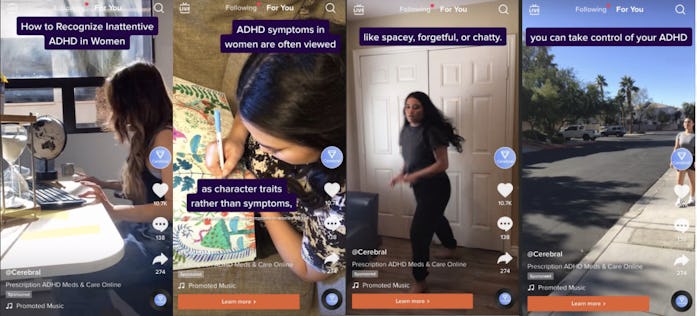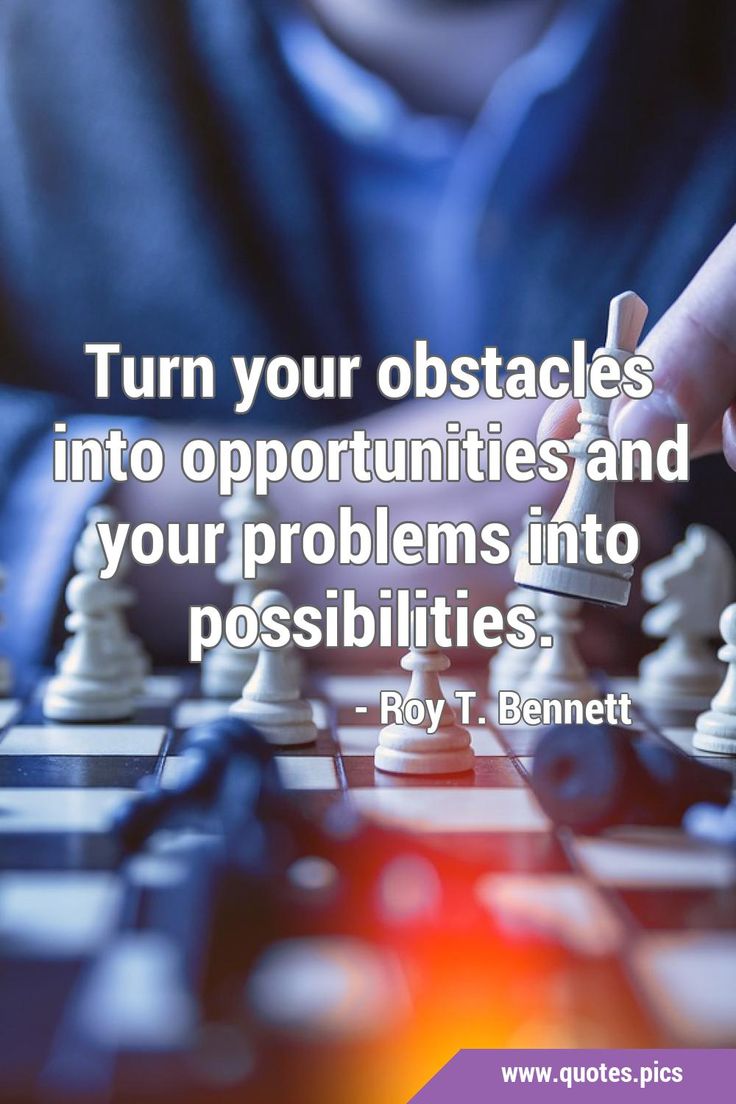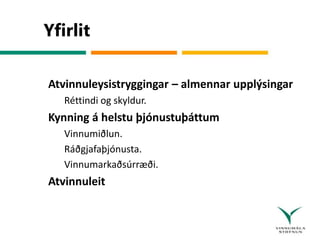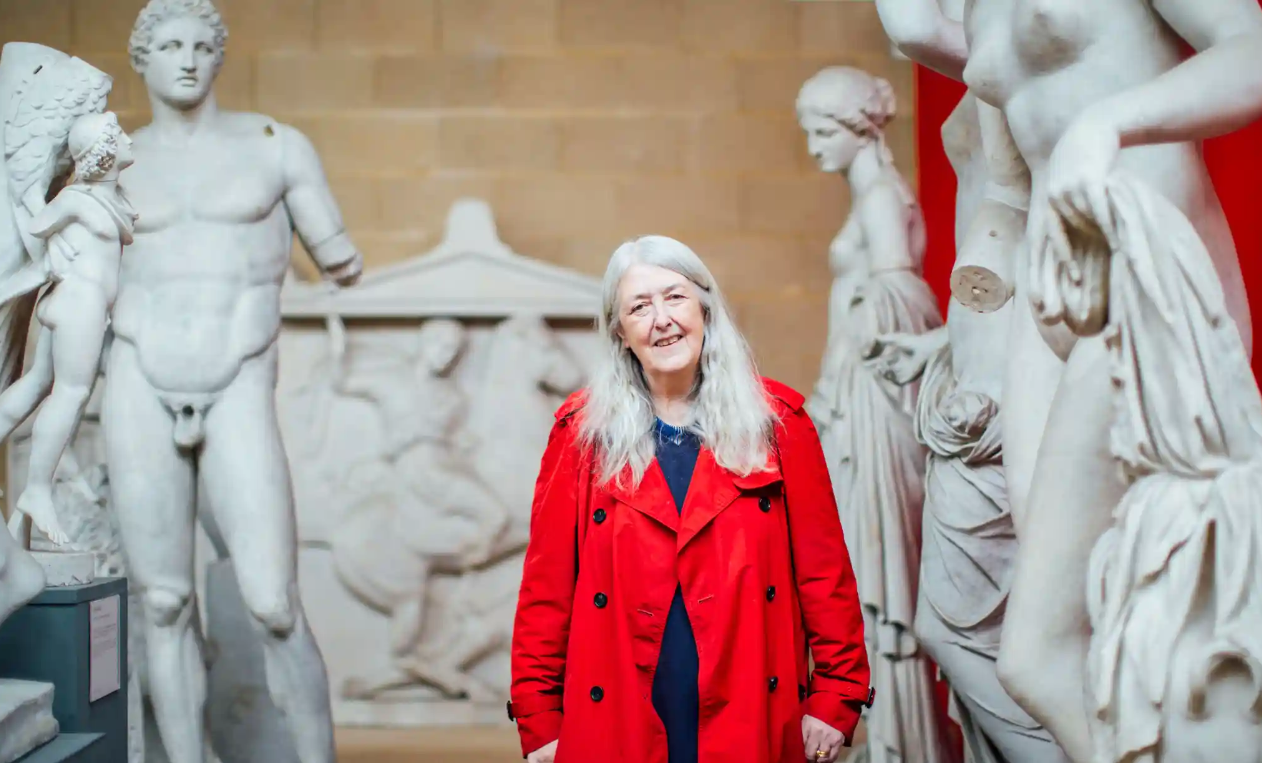Does TikTok Fuel ADHD Misunderstandings?

Table of Contents
The Nature of Information on TikTok and its Impact on Health Conditions
TikTok's short-form video format prioritizes engagement over in-depth accuracy. This characteristic, while beneficial for entertainment, poses significant challenges when it comes to understanding complex health conditions like ADHD. The platform's decentralized nature means much of the information shared lacks professional oversight and verification. This leads to a breeding ground for misleading information and potentially dangerous advice.
- Lack of Professional Oversight: Many videos offering ADHD advice are created by individuals without medical expertise.
- Spread of Misinformation: Unverified "cures," "hacks," and quick fixes for ADHD symptoms are rampant, potentially hindering proper treatment.
- Sensationalized Content: The emphasis on short, attention-grabbing videos often prioritizes sensationalism over accurate information, leading to skewed perceptions of ADHD.
- Examples of Misleading Trends: Viral challenges trivializing core ADHD symptoms or promoting ineffective coping mechanisms exemplify this issue. For instance, trends focusing solely on the hyperactivity aspect of ADHD while ignoring inattention or impulsivity paint an incomplete and misleading picture.
ADHD Misconceptions Fueled by TikTok Trends
Certain TikTok trends actively perpetuate inaccurate representations of ADHD, impacting both self-diagnosis and public understanding. The casual and often humorous presentation of ADHD symptoms can normalize them inappropriately, minimizing their impact on individuals’ lives.
- Trivializing ADHD Symptoms: Trends that portray ADHD symptoms as quirky personality traits rather than serious neurological differences contribute to significant misunderstandings.
- Glorifying Inattentiveness or Impulsivity: Challenges that celebrate inattentiveness or impulsivity as desirable characteristics can normalize these behaviors, hindering the willingness to seek professional help.
- Inaccurate Diagnostic Criteria: Many videos misrepresent the diagnostic criteria for ADHD, leading to inaccurate self-assessments and potentially delayed professional diagnosis.
- Negative Consequences of Self-Diagnosis: Relying solely on TikTok for self-diagnosis can lead to missed opportunities for appropriate treatment, exacerbating existing challenges and causing unnecessary anxiety.
The Role of Social Media Algorithms and ADHD
TikTok's algorithm, designed to maximize engagement, plays a crucial role in reinforcing existing biases and creating echo chambers around misinformation. The algorithm's personalized content feeds can create filter bubbles, exposing users primarily to information confirming their pre-existing beliefs, regardless of accuracy.
- Personalized Content Feeds and Filter Bubbles: The algorithm serves up content based on user activity, strengthening confirmation bias and limiting exposure to diverse perspectives.
- Reinforcement of Confirmation Bias: Individuals seeking information on ADHD might encounter primarily content reinforcing their assumptions, even if those assumptions are inaccurate.
- Increased Anxiety and Self-Doubt: Constant exposure to potentially triggering content related to ADHD symptoms can heighten anxiety and self-doubt, especially for those already struggling with the condition.
- Impact of Constant Exposure: The addictive nature of TikTok and the constant stream of information can make it difficult to discern credible sources from misinformation, further fueling ADHD misunderstandings.
Responsible Content Creation and ADHD Awareness on TikTok
While much of the information on TikTok regarding ADHD is unreliable, there are also creators actively working to provide accurate and helpful information. These creators are vital for promoting responsible content creation and fostering ADHD awareness.
- Identifying Verified Professionals: Look for videos created by licensed therapists, psychiatrists, or other qualified healthcare professionals specializing in ADHD.
- Importance of Professional Diagnosis: Emphasize that a professional diagnosis from a qualified healthcare provider is essential for accurate assessment and appropriate treatment.
- Promoting Critical Thinking and Media Literacy: Encourage users to critically evaluate information found online and seek diverse perspectives.
- Positive and Informative Content: Highlight examples of TikTok accounts providing accurate and helpful information about ADHD, emphasizing the importance of critical thinking and fact-checking.
Conclusion: Understanding the TikTok-ADHD Connection
TikTok's influence on health information consumption is undeniable. Our exploration reveals a concerning link between TikTok trends and the spread of ADHD misunderstandings. The platform's algorithmic biases and emphasis on engagement can create echo chambers of misinformation, impacting both self-diagnosis and public perception. It is crucial to prioritize accurate information and professional guidance when addressing concerns about ADHD. Learn more about accurate ADHD information and avoid relying solely on TikTok for diagnosis or treatment. Seek professional help to address any concerns regarding ADHD misunderstandings, and remember that responsible information consumption is key to mitigating the spread of these inaccurate perceptions. Accurate information and professional guidance are paramount in navigating the complexities of ADHD and avoiding the pitfalls of misinformation.

Featured Posts
-
 Manufacturing In America Obstacles And Opportunities
Apr 29, 2025
Manufacturing In America Obstacles And Opportunities
Apr 29, 2025 -
 How To Get Capital Summertime Ball 2025 Tickets Your Complete Guide
Apr 29, 2025
How To Get Capital Summertime Ball 2025 Tickets Your Complete Guide
Apr 29, 2025 -
 Nyi Rafknuni Porsche Macan Hvad T Harftu Ad Vita
Apr 29, 2025
Nyi Rafknuni Porsche Macan Hvad T Harftu Ad Vita
Apr 29, 2025 -
 Investigation Underway After Wrong Way Crash Kills Texas Woman Near Border
Apr 29, 2025
Investigation Underway After Wrong Way Crash Kills Texas Woman Near Border
Apr 29, 2025 -
 Assessing The Risk Russias Military Actions And European Stability
Apr 29, 2025
Assessing The Risk Russias Military Actions And European Stability
Apr 29, 2025
Latest Posts
-
 Seating Plan For A Papal Funeral A Complex Undertaking
Apr 30, 2025
Seating Plan For A Papal Funeral A Complex Undertaking
Apr 30, 2025 -
 Family Alleges Inmate Died In San Diego Jail After Over An Hour Of Untended Torture
Apr 30, 2025
Family Alleges Inmate Died In San Diego Jail After Over An Hour Of Untended Torture
Apr 30, 2025 -
 The Yates Story Dr Jessica Johnson Showcases Black Historys Strength
Apr 30, 2025
The Yates Story Dr Jessica Johnson Showcases Black Historys Strength
Apr 30, 2025 -
 Inmates Hour Long Plea For Help Ignored Before Death San Diego Jail
Apr 30, 2025
Inmates Hour Long Plea For Help Ignored Before Death San Diego Jail
Apr 30, 2025 -
 Dasmoi Tramp I Ekklisi Toy Le Maire Gia Patriotismo Stis Gallikes Epixeiriseis
Apr 30, 2025
Dasmoi Tramp I Ekklisi Toy Le Maire Gia Patriotismo Stis Gallikes Epixeiriseis
Apr 30, 2025
